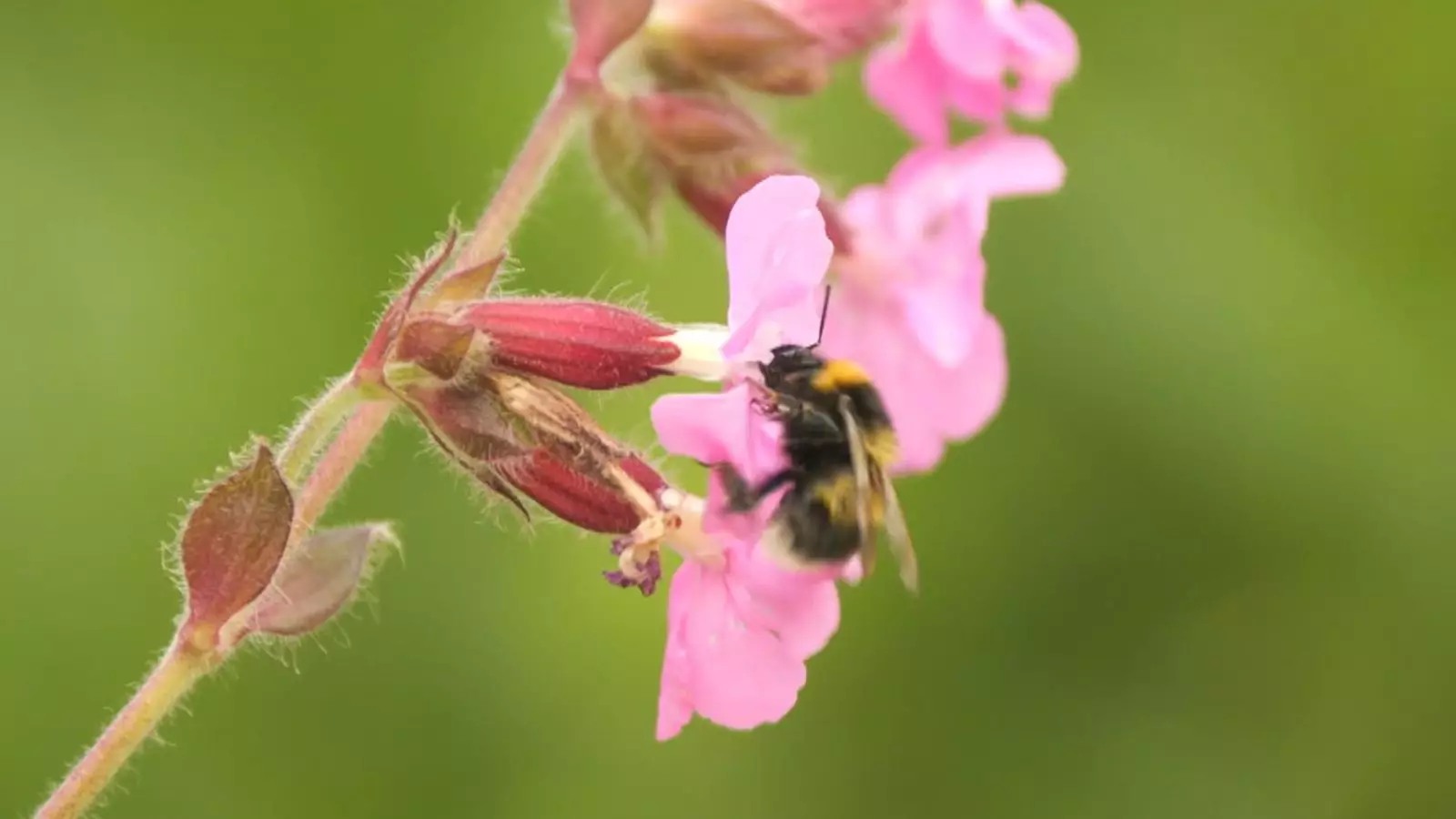The vivid hum of bees — a sound that once signified the vitality of our ecosystems — is fading into a haunting silence. This decline is not merely a local issue; it resonates globally, echoing the somber truth that our pollinators are at risk. According to recent studies, the bee population has plummeted dramatically, a casualty of considerable challenges including habitat destruction, climate change, and the toxic threat of pesticides. As a center-wing liberal, I am deeply troubled not just by the statistical decline, but by the moral implications this holds for our society. A world without bees is a world devoid of lush gardens and bountiful food supplies, signaling an urgent call for action that we cannot afford to ignore.
Innovative Solutions from Kew Gardens
In response to this alarming decline, scientists at Kew Gardens’ Wakehurst, a bastion of botanical research in Sussex, are spearheading groundbreaking studies aimed at mitigating this crisis. By deploying advanced bio-acoustic sensors in strategically selected trees, these researchers aim to discern which flora attract bees the most. This method, while innovative, raises an important question about our approach to urban planning in the face of ecological disasters. Rather than relying on half-hearted measures, our policymakers should be taking cues from this vital research to implement holistic changes that prioritize biodiversity in urban settings.
Dr. Janine Griffiths-Lee, the leading researcher, emphasizes that nearly 90% of flowering plants rely on pollinators. While she paints a grim picture of insect populations, with a staggering 60% decline in flying insect numbers in just two decades in the UK, it becomes clear that we are not merely dealing with an environmental issue; we are grappling with a systemic failure to recognize the interconnectedness of nature and human existence. This failure must spur us into action.
Mapping the Favorites: A New Approach to Pollination
The scientists’ initiative to create heat maps of bee activity by listening to their wing beats is both a testament to human ingenuity and a stark reminder of what we stand to lose. Kew’s “living laboratory” concept raises the question of how we can better integrate science into our daily lives. Policymakers must not only support studies like this; they should actively incorporate findings into sustainable urban architecture and landscaping.
The choice of trees for their study, including horse chestnut and lime, speaks volumes about the need for diversity in our ecosystems. Both native and non-native species can play a role in revitalizing our landscapes, yet the implementation of such strategies often lags behind the science. If only we could foster a political environment that embraces and accelerates these insights, we might still salvage our ecosystems from the brink of collapse.
A Call to Action: Beyond Research
It is crucial to recognize that while research is a significant element in combating the decline of bees, action is paramount. The words of Wakehurst’s director, Susan Raikes, ring profoundly true — “the stakes couldn’t be higher.” This statement transcends mere rhetoric; it is a clarion call for urgent action against the twin crises of biodiversity loss and climate change that are capable of reshaping our world irreparably.
As climate change destabilizes traditional ecosystems, we must not only understand which plants thrive under altered conditions but also prioritize the cultivation of those that sustain pollinators. The future of our food security and, by extension, our society hinges on this understanding. Rather than waiting for governments to act, local communities, urban planners, and individuals should rally behind this cause, advocating for more sustainable practices in their neighborhoods.
A Collective Responsibility
Our relationship with nature is characterized by a symbiotic trust; we depend on pollinators for our food and ecosystems for our survival. Historically, mankind has often put economic growth above environmental sustainability, leading to the disheartening situation we currently face. It is time for us to change this narrative. Engaging with this research from Kew Gardens should prompt a mass movement toward planting more bee-friendly trees and supporting agricultural practices that prioritize pollinator health.
In this pivotal moment, every action counts. By caring for the bees, we are not only nurturing the environment; we are ensuring a livable future for generations to come. It is our responsibility to act now — for the bees, for our biodiversity, and for the very fabric of life itself.


Leave a Reply